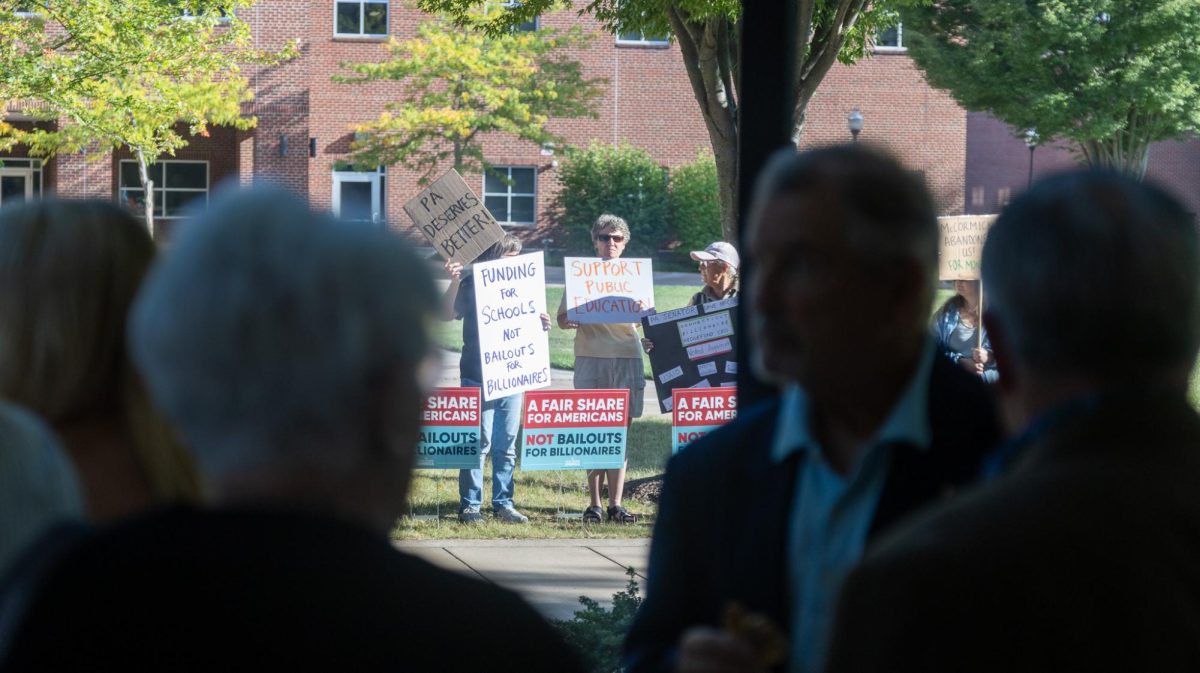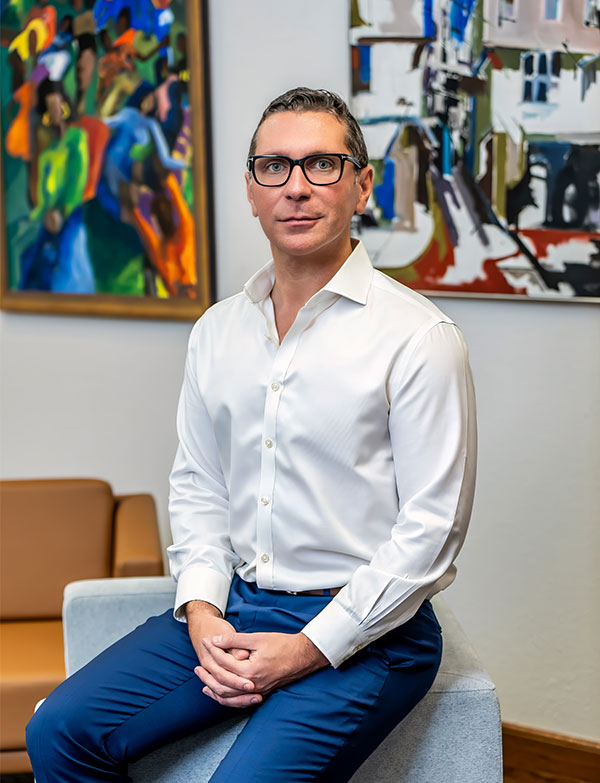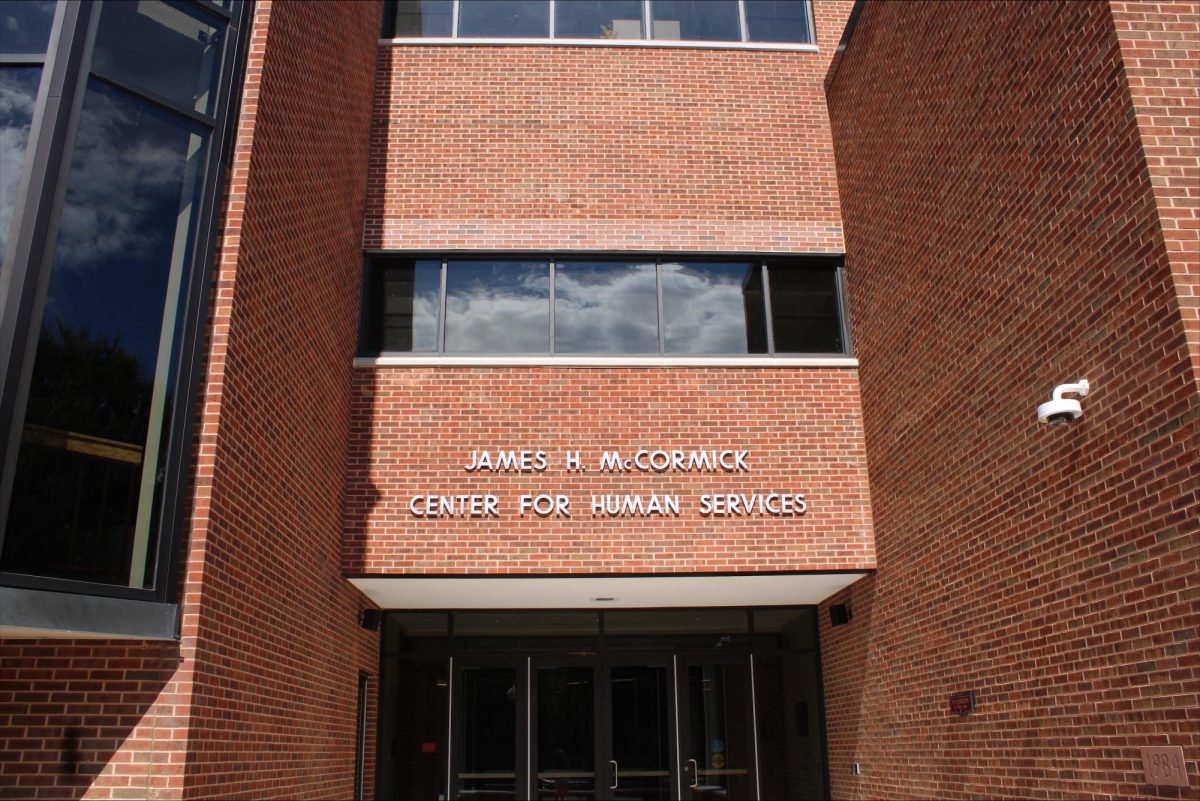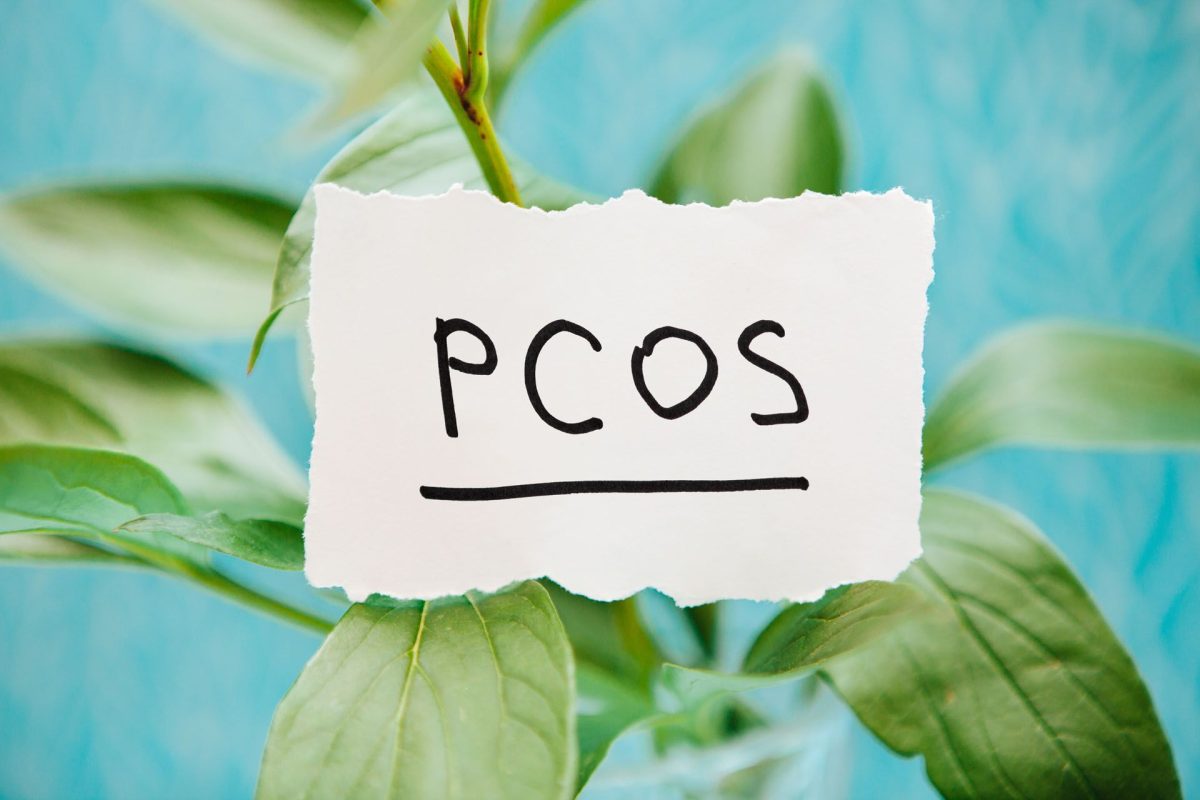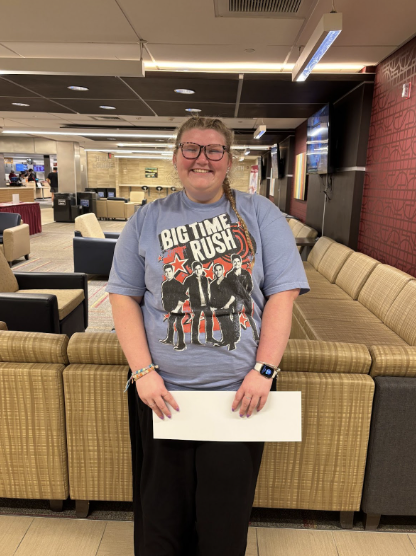One in ten individuals with ovaries struggles with PCOS, yet most of them don’t know it. How can you seek answers to questions you don’t even know to ask?
For many, the silence around PCOS can be one of the hardest parts — leading to symptoms being dismissed, bodies being misunderstood, and questions left unanswered. September is PCOS Awareness Month, and it’s time to start a conversation that should have started long ago.
Polycystic Ovary Syndrome is a hormonal and metabolic condition that changes how the ovaries work. It can look different for everyone.
Some common ways it shows itself are irregular periods, acne, unwanted and excessive hair growth, thinning hair, or fertility struggles. Some have ovarian cysts, and some don’t.
What unites the experience is that it often goes unrecognized. PCOS affects millions worldwide, but it’s rarely mentioned.
This results in people living with frustrating symptoms, not realizing there’s a name — and treatment options — for what they’re facing.
Behind the medical terms are real people navigating daily battles. A person that dreads going out due to unwanted hair.
A young woman wondering why her cycle has disappeared for months at a time. Someone feeling like their body is betraying them when the weight won’t budge — or the number on the scale is only going up — no matter what they try.
The silence fuels shame, making many feel alone.
These symptoms can impact their confidence and can result in negative decline in their mental health. PCOS can affect your mental and physical health — depression, anxiety, and exhaustion often walk hand-in-hand.
For some, doctors dismiss concerns with “just lose weight” or “come back when you want kids.”
PCOS isn’t just about fertility — it’s about whole-body health, from blood sugar to heart risk. People with PCOS often don’t even know to chase a diagnosis, because silence has erased the condition from the conversation.
Awareness is the first step. When we talk about PCOS, we give people language for their symptoms, and language is power. It helps them push for answers, seek treatment, and feel less alone.
There is no cure for PCOS but it is important to reach out to your doctor if you are experiencing symptoms.
This September, breaking the silence matters more than ever. PCOS is common, but the silence around it is not inevitable.
We can replace it with education, empathy, and support. Because when one in ten of us is affected, it’s not a small problem — it’s a community responsibility. The silence ends when we choose to speak.

